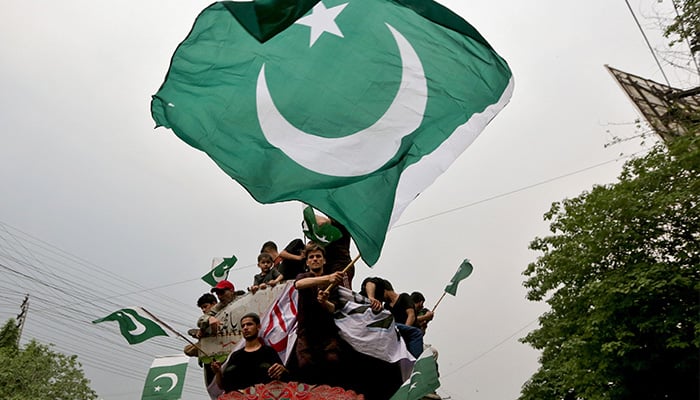ISLAMABAD: Pakistan’s historic military victory over India is expected to yield multiple dividends with the most immediate being the all-time high public respect for the armed forces and a surge in the popularity of the country’s political and military leadership, especially Chief of Army Staff (COAS) General Asim Munir.
In a historic turn of events, Pakistan emerged victorious in its latest military confrontation with India, marking a defining moment in the nation’s history. The outcome has sent waves of national pride across the country and has further consolidated the leadership of Prime Minister Shahbaz Sharif and COAS Munir.
Analysts describe the victory as a rare and decisive achievement. It has led to a significant rise in public approval for both the civilian and military leadership. Citizens came out in the streets in different parts of the country to laud the armed forces and their top command.
In political circles, the victory is being credited with reinforcing Pakistan’s current governance framework- commonly referred to as a “hybrid democracy” — which blends elected civilian rule with a prominent role for the military.
The triumph has added a new layer of legitimacy to this model, while opposition forces, particularly the Pakistan Tehreek-e-Insaf (PTI), appear to have been further marginalised.
The Pakistan Stock Exchange’s historic gain on Monday reflects growing business confidence in the country’s economic outlook. Additional boosts came from an endorsement by the International Monetary Fund (IMF) and keen interest from US President Donald Trump in expanding trade ties with Pakistan.
The Pakistan Army and its top command, who have faced intense criticism and vilification campaigns from the PTI are now experiencing a resurgence in public support and admiration. The military’s performance during the conflict has been widely praised, both domestically and internationally, as strategic, disciplined, and effective.
Observers believe this moment will further cement the existing power structure, shaped by PM Shehbaz of the Pakistan Muslim League-Nawaz, Pakistan Peoples Party’s President Asif Ali Zardari, and army chief Gen Asim Munir. The strengthened leadership is expected to maintain its focus on economic revival and stability.
While it remains to be seen how the PTI will recalibrate its stance toward the establishment following this military success, the immediate aftermath is evident. Pakistan’s leadership has been fortified, General Asim Munir enjoys unprecedented popularity, and the armed forces have reaffirmed their central role in protecting the nation’s sovereignty.
PM Shehbaz, once primarily regarded as an effective administrator, has now elevated his stature on the world stage. His role in restoring international confidence in Pakistan and in maintaining a cohesive alliance with domestic political forces — especially the PPP and other allies- has positioned him as a unifying force.

